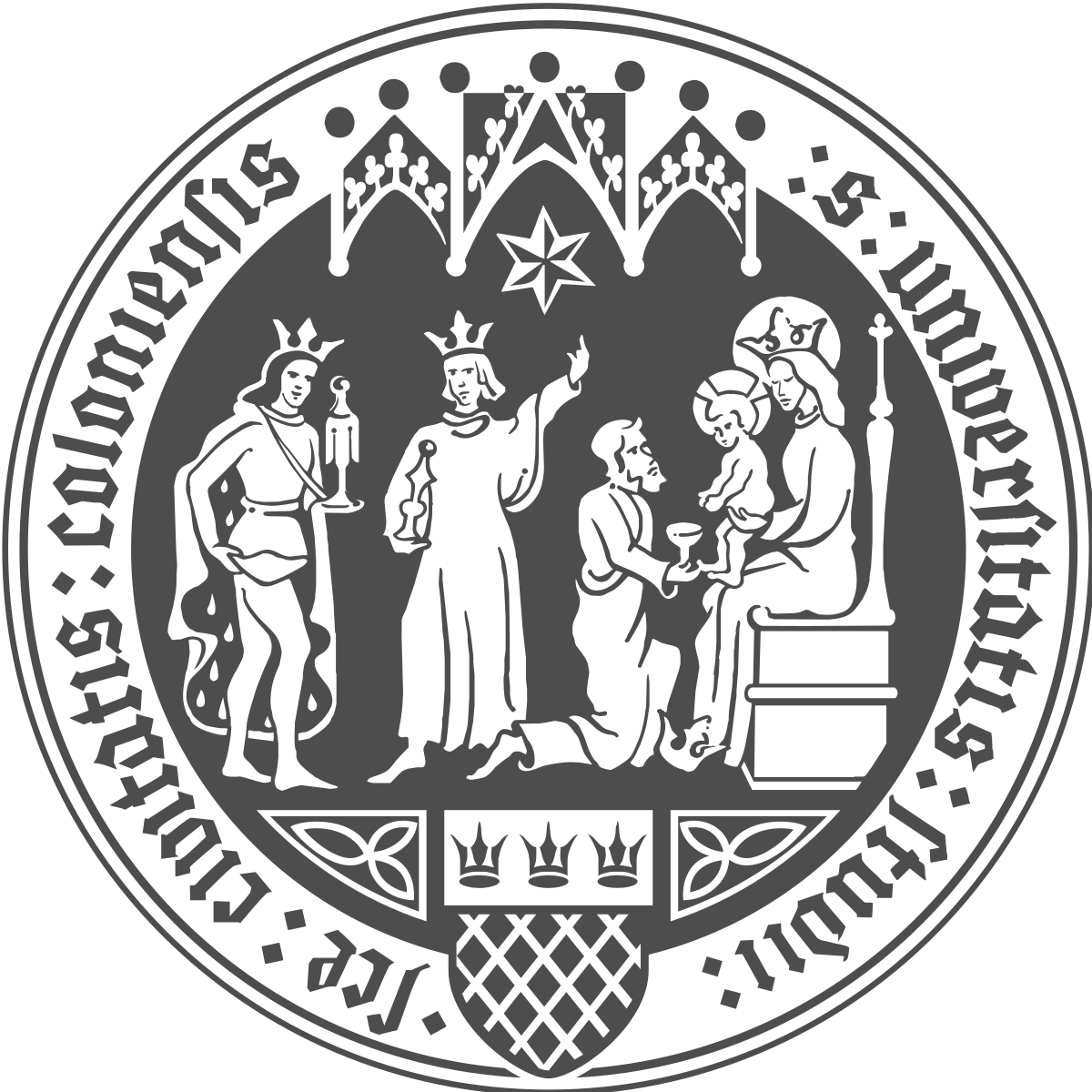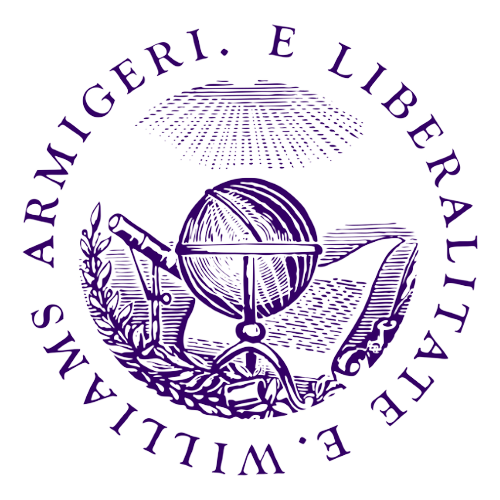📖Program Curriculum
This coursework Masters programme is structured as a one-year full-time or a two-year part-time qualification. The programme comprises a research report together with a total of six courses, including five compulsory courses and one elective.
Compulsory courses:
Energy Economics [15 credits]
This course deals with theoretical and empirical energy topics. It provides students with the necessary knowledge and skills to understand energy supply; energy demand; environmental consequences of energy consumption and production; the organization of energy markets; energy commodities; market integration and price transmission; efficiency; distributional and environmental consequences of energy policies; energy poverty; energy and the macroeconomy; behavioral interventions to encourage energy efficiency, and climate change policies. The course also explores forces that drive economic agent’s decisions of supplying, converting, transporting, and using energy resources, and disposing of residual, evaluate whether energy market structures and regulatory regimes can be defended on efficiency, sustainability, and equity grounds, and introduces students to the macroeconomic consequences of shocks in energy sectors.
Environmental Economics and Policy [15 credits]
This course covers key applications of microeconomics theory and quantitative methods that help rigorously examine contemporary environmental, climate change, and natural resources problems. The course comprises of three parts. The first consists of the following topics: economy-environment interactions, sustainable development, market failures, pollution targets and pollution control, environmental policy instruments and the political economy of environmental policy. The second part covers market and non-market techniques of valuation of natural resources and environmental services and/or disservices, and application of non-market valuation estimate for cost-benefit analysis and environmental policy/project design. The third part briefly introduces students to behavioral field experiments and programme evaluations in environmental economics.
Discrete Choice Modelling [15 credits]
The course comprises the study of the microeconomic theoretical basis of the random utility maximization model (RUM) and non-RUM behavioural decision rules including reference-dependent preference, random regret minimization (RMM) and elimination by aspect (EBA) models. The course presents a thorough and a step-by-step guide to all stages in the design of discrete choice surveys, including attribute and its level selection, experimental design, survey design and implementation, data management, and data analysis and interpretation. The econometric part of the course covers major discrete choice econometrics, including binary choice models and multinomial outcome models. The course comprises the application of these techniques using Stata or R computer software and datasets employed in the literature.
Research Report in Environmental and Energy Economics [90 credits]
The course requires the candidate to identify a suitable research topic in the domain of Environmental, Resource and Energy Economics and to develop a research proposal with the support of a dedicated supervisor(s) for approval by the School. Based on this research proposal, the candidate is required to undertake an independent piece of economic research that makes a contribution to the relevant field of study.
In addition, the candidate must complete the following courses:
Microeconomics A and Applied Econometrics [15 credits each]
In addition, candidates choose one module from the following electives:
Development, Advanced Institutional Economics, Public Economics, Resource Economics, Climate Change Economics [15 credits].
Show less








